Co-creating Communication on Planetary Health Related to Food and Food Systems
In 2022, the MSCL organised an open call for scientists, reasearchers, and practicioners on the topic of “Co-creating Communication on Planetary Health Related to Food and Food Systems”. The projects aimed to explore the intricate relationship between food, climate change, environmental protection, and human health through collaborative efforts. Targeting a diverse audience, including researchers and science communication practitioners, the call invited contributions that would enhance understanding of these interconnected issues through creating their own science communication formats.
Seven project groups explored key questions addressing food systems and their impact on Planetary Health, fostering innovative science communication. The selected projects received financial support, emphasising collaboration and a theory-based approach. We learned valuable lessons from these projects that informed our own research on constructive and impactful science communication about Planetary Health. Additionally, we gained important insights in the area of evaluation, particularly regarding the conceptual phase, data collection and analysis, and the reporting of evaluation results.
The following sections will introduce the experiments resulting from this call. Again, we are highlighting the autonomy of the project groups in carrying out their projects and reporting their findings, with minor editorial intervention from the MSCL. You will find a link to see the extended abstracts below the experiment list.
The experiment groups
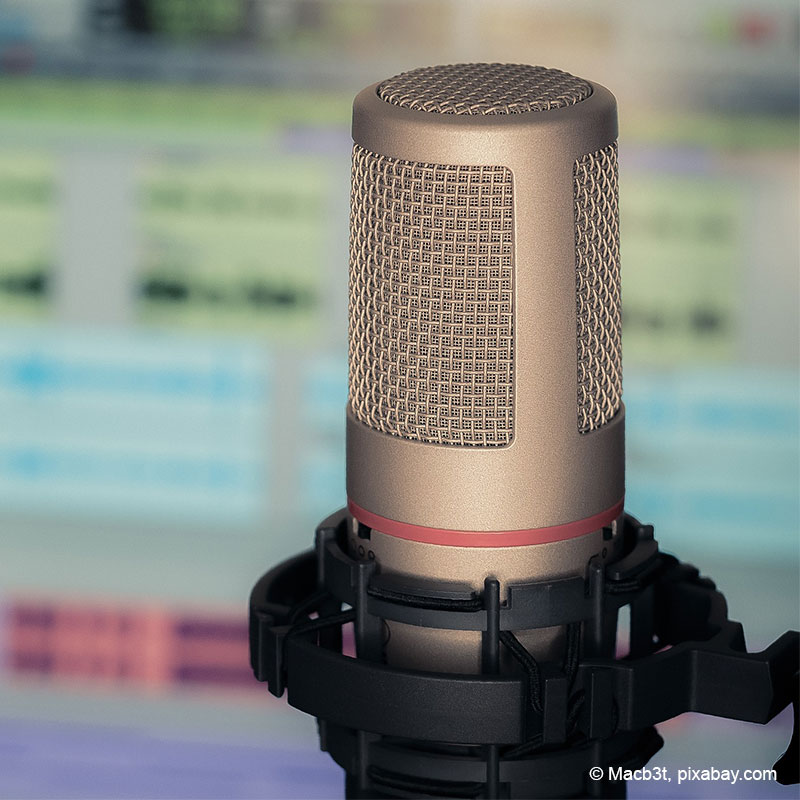
A Podcast about Food Sustainability
This project produced ten podcast episodes on the topic of food sustainability, broadcast on Portuguese National Public Radio and available online. The episodes aimed to increase public knowledge and interest in sustainable food practices by featuring interviews with researchers.
Bruno Pinto, Ana Matias and António Granado
Report (PDF)
Pinto B, Matias A and Granado A (2024)
Measuring the effectiveness of
communication of a podcast on food
sustainability.
Front. Commun. 9:1421692.
doi: 10.3389/fcomm.2024.1421692
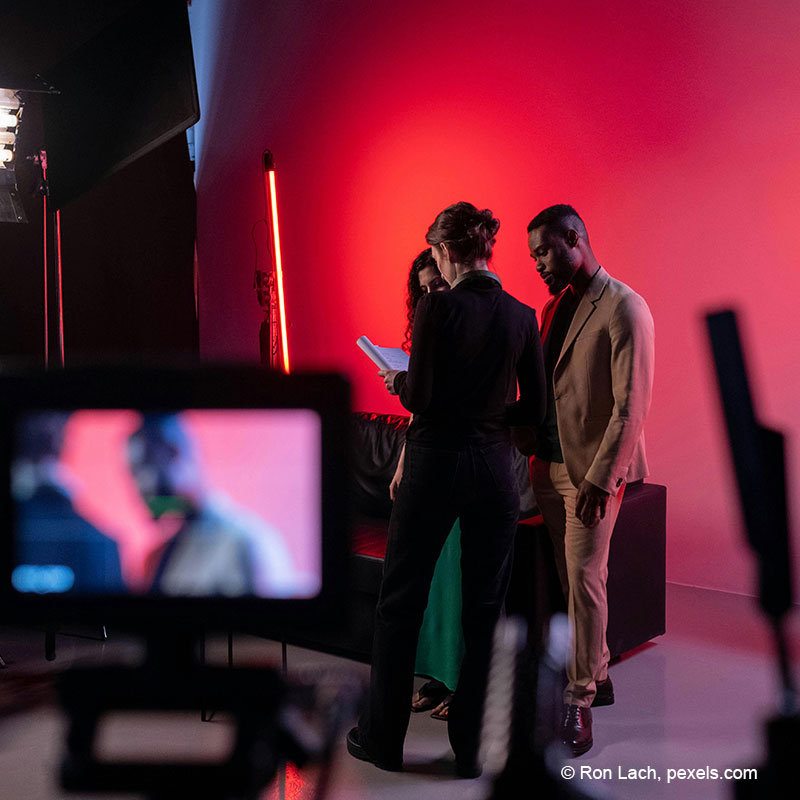
Positive and negative documentary film framing
This project tested whether positive or negative framing in documentaries could influence viewers’ attitudes and motivations to reduce food waste. It targeted employees from non-sustainability sectors, using a workshop with rescued food, documentary screenings, and discussions to promote sustainable behaviours.
Stephanie Nigg, Katerina Vesela, Rebecca Kandut and Carmen Klinger
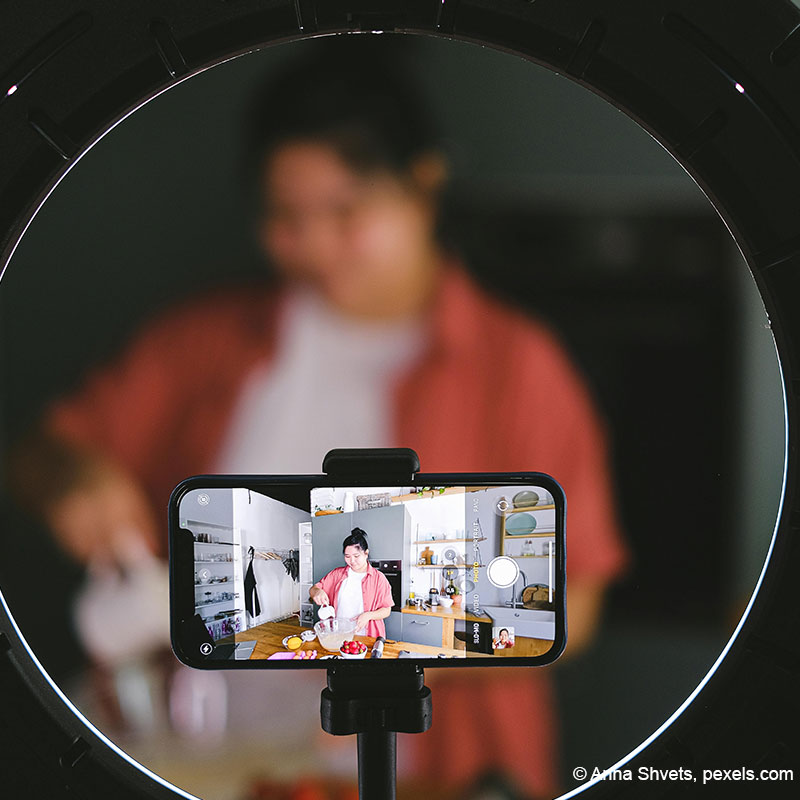
Using the influence of social media to change narratives
This project used Instagram influencers to promote Planetary Health Nutrition, encouraging sustainable eating habits. Seven influencers from various fields created content to raise awareness. The impact was evaluated through follower engagement and influencer feedback.
Paula Schwenke, Jule Schmitz and Vera Klünder
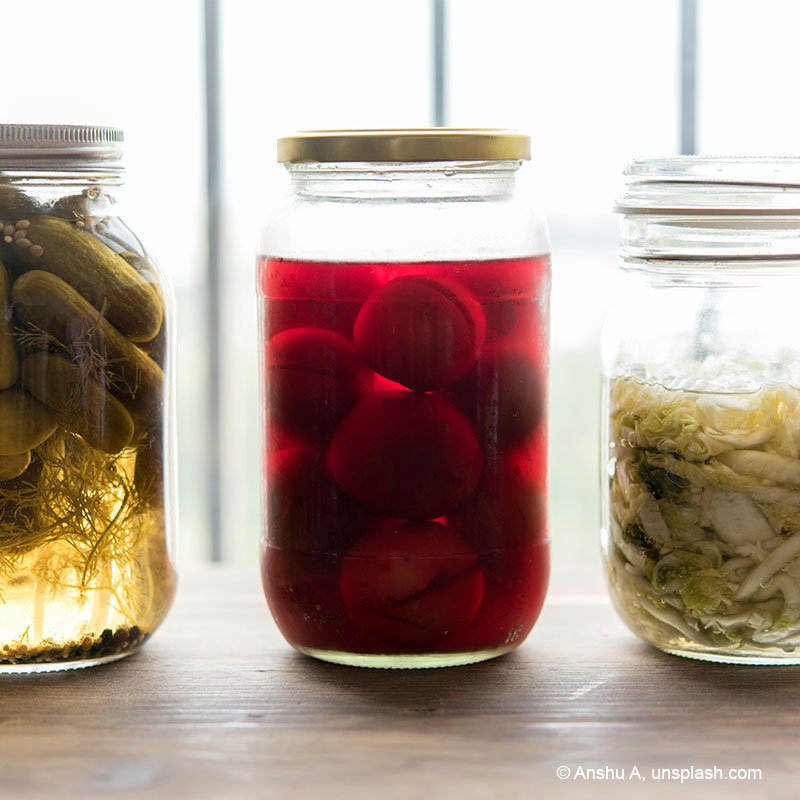
Thinking with Fermentation for Planetary Health
The exhibition “Culturing the Change: Fermentation for Planetary Health” at the Deutsches Museum highlighted fermentation’s role in reducing food waste and preserving biodiversity. It engaged a diverse audience, including the Turkish community in Munich, through interactive displays and tastings.
Elena Palma, Sevgi Mutlu Sirakova and Nakul Heroor
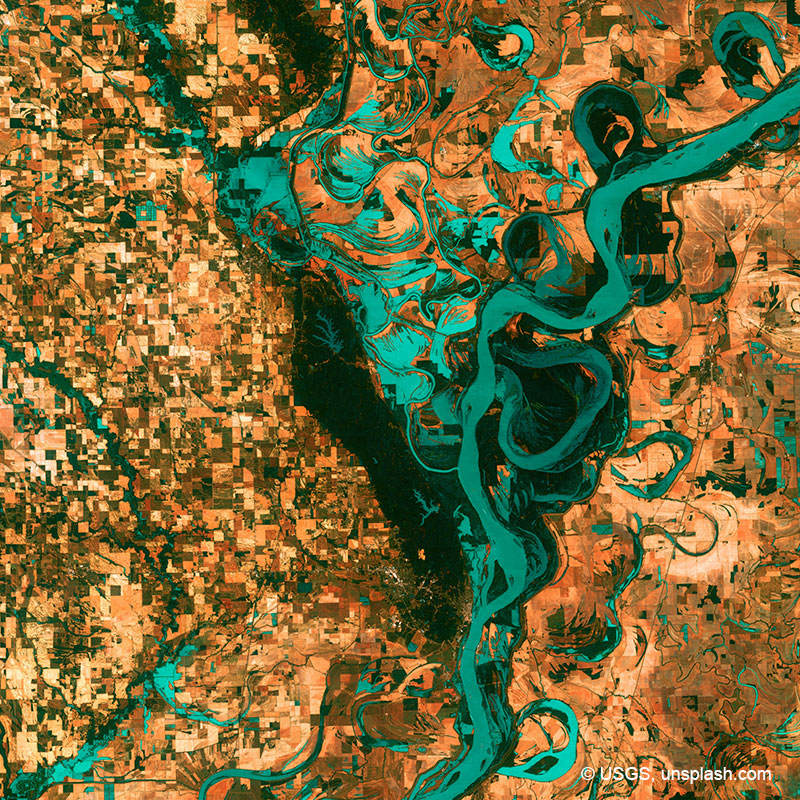
The Earth under the Microscope
This science communication experiment aimed to raise awareness of food security and the agricultural crisis amid climate change through a pop-up exhibition. Featuring 23 panels, videos, and an Earth observation microscope, it engaged families and adults in various venues.
Tobias Beuchert, Annika Kreikenbohm and Michaela Lautenschlager
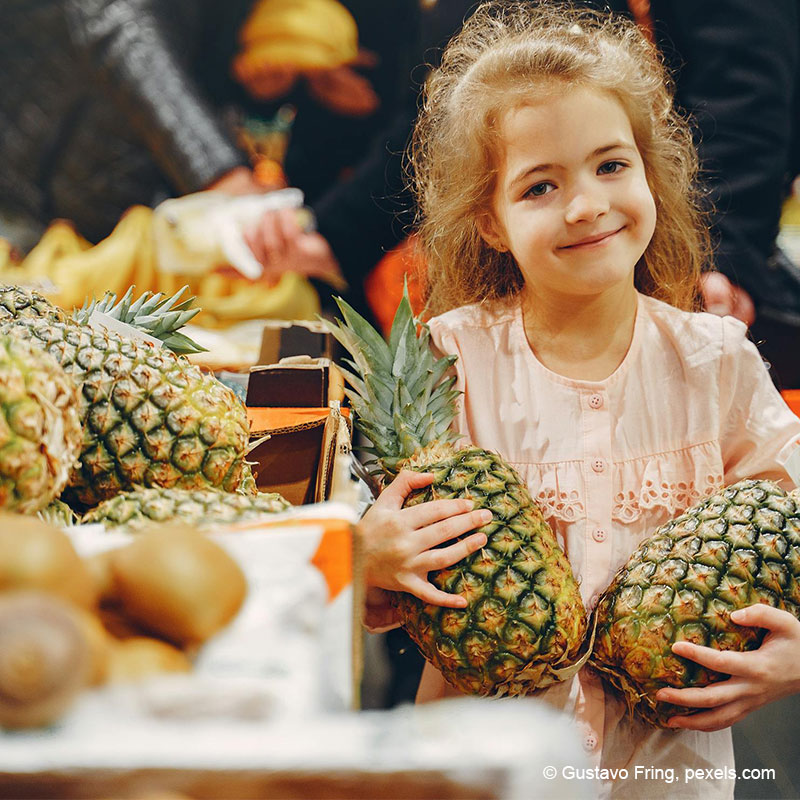
Pedagogical City Walk Tour
This project group initiated app-supported city walking tours through Munich with students of different school types and grades and their teachers to discover and learn more about the food we consume as well as its production and transport.
Dr. Katrin Anne Geneuss and Paulina Schaaf
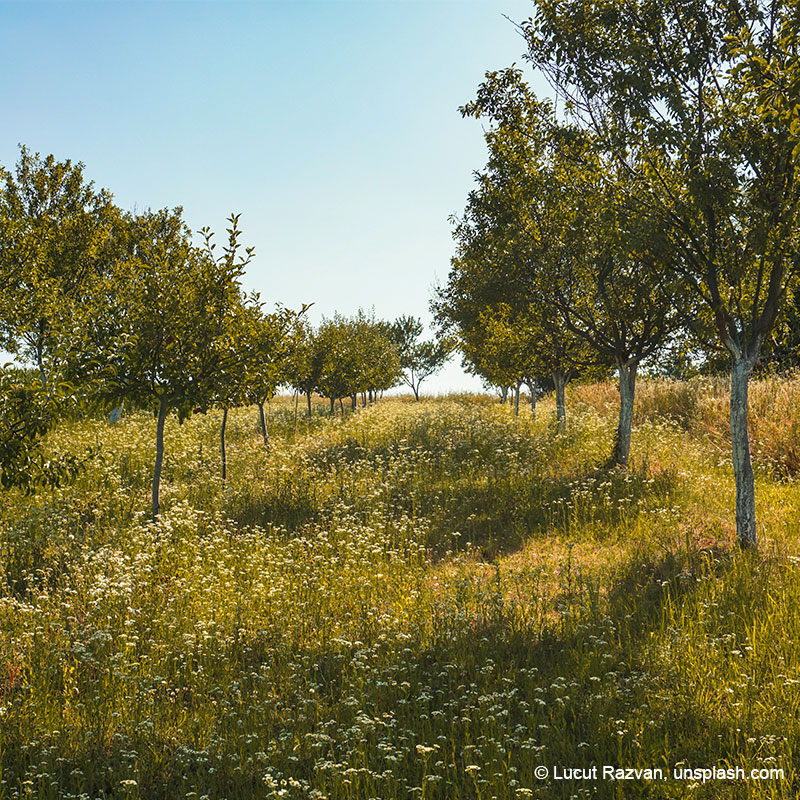
Fruit City
This experiment explored meadow orchards as a sustainable urban initiative to raise awareness about biodiversity and food systems. Events at the Botanical Garden and Biotopia Lab engaged urban adults and families through hands-on workshops, covering topics like soil health, pollination, and apple variety preservation.
Thassilo Franke, Mai Abbas, Lotta Ortheil and Mathias Faller
